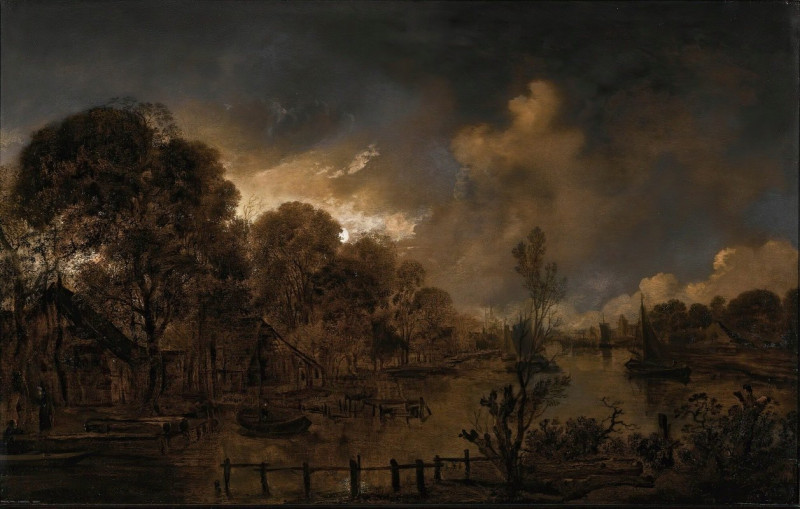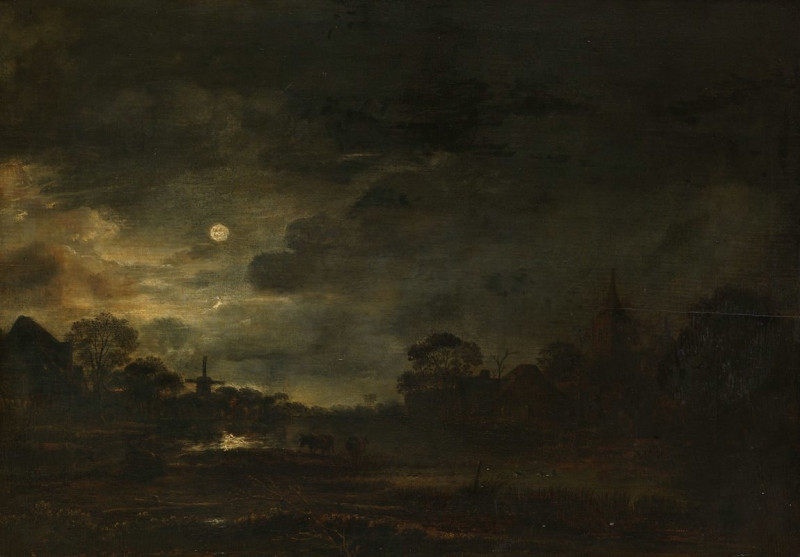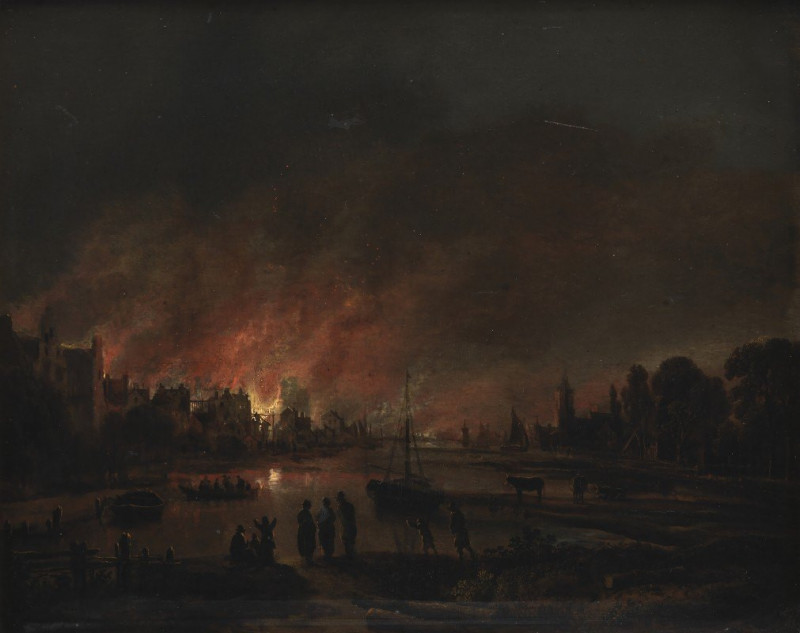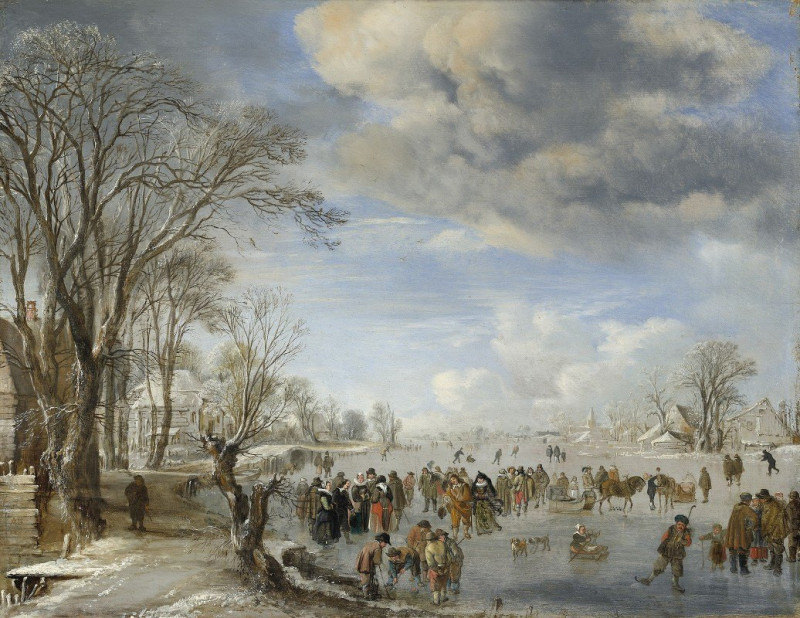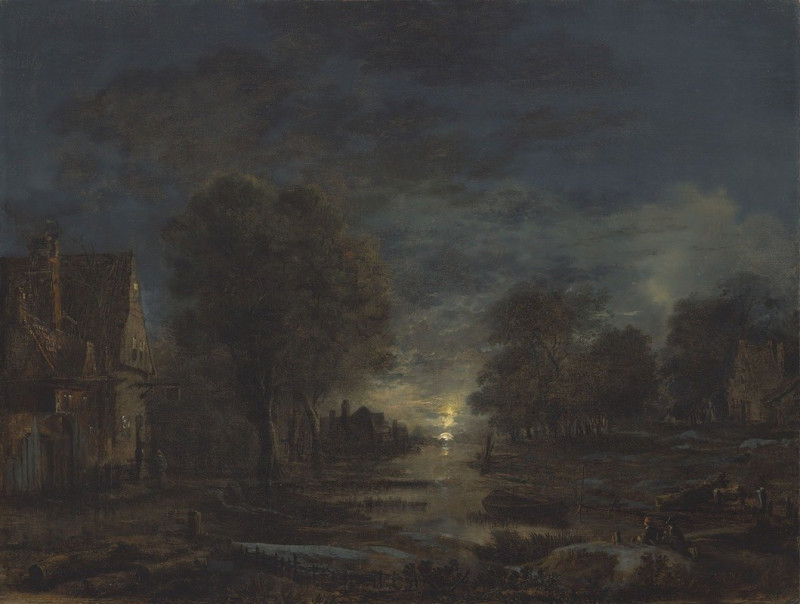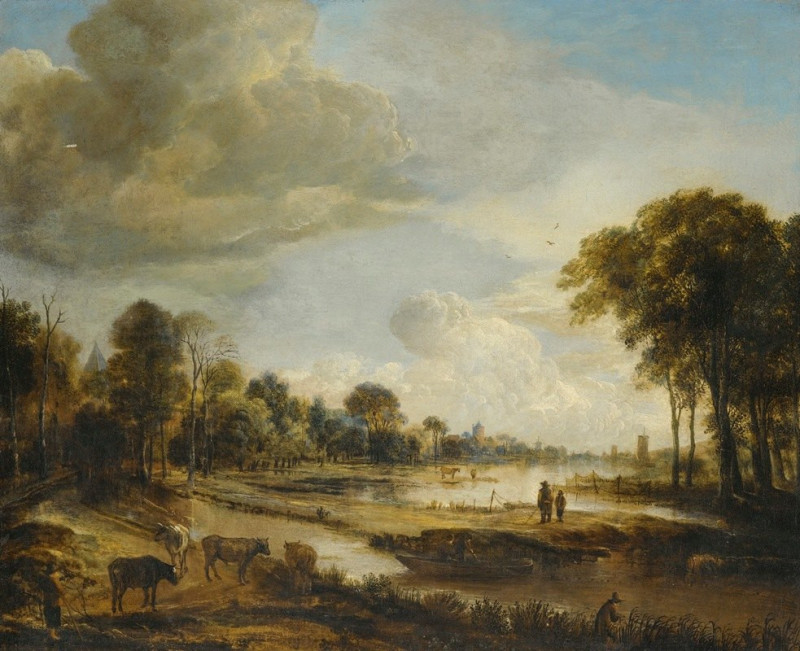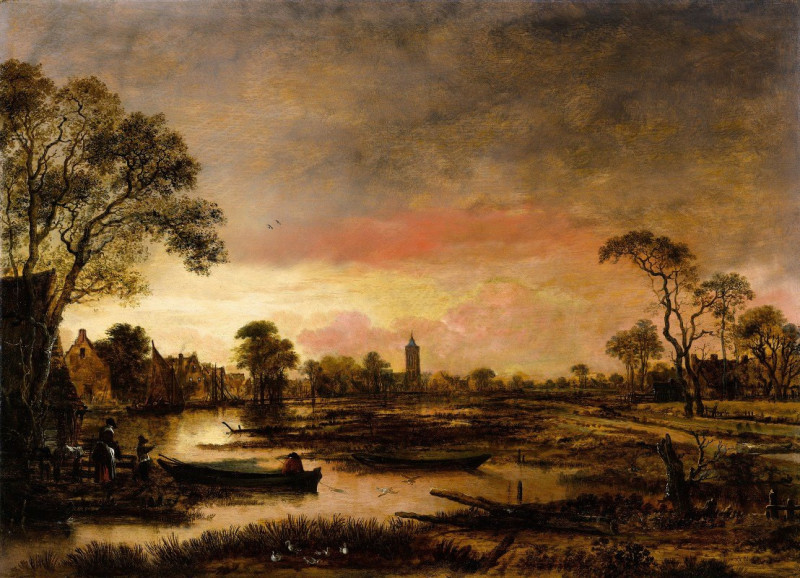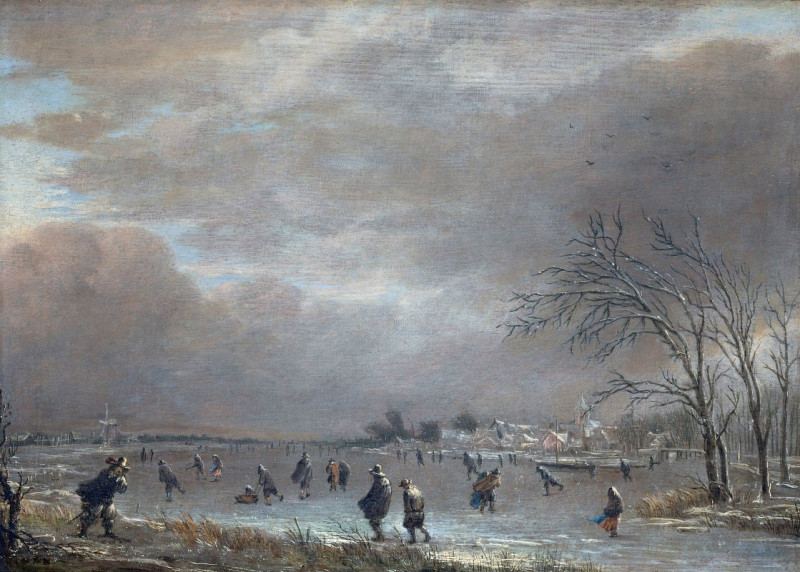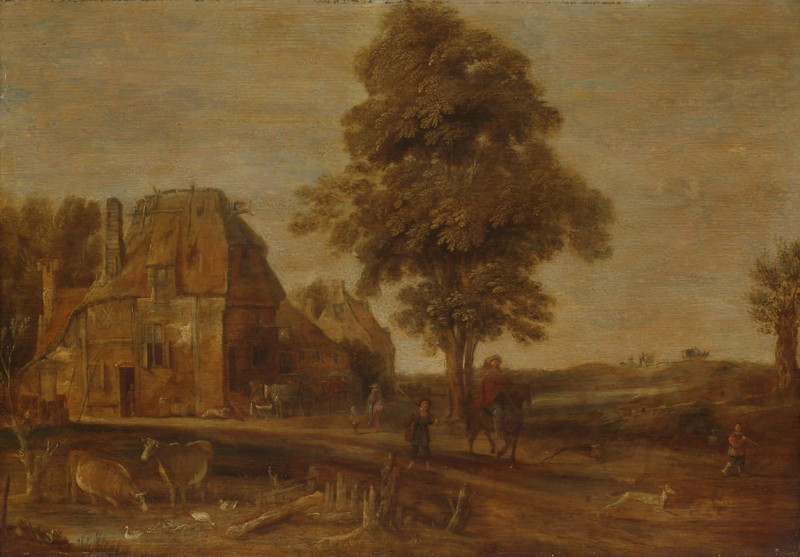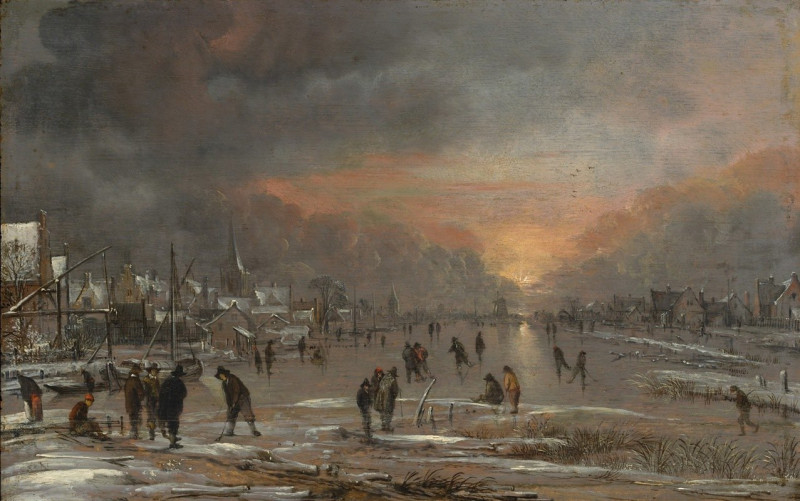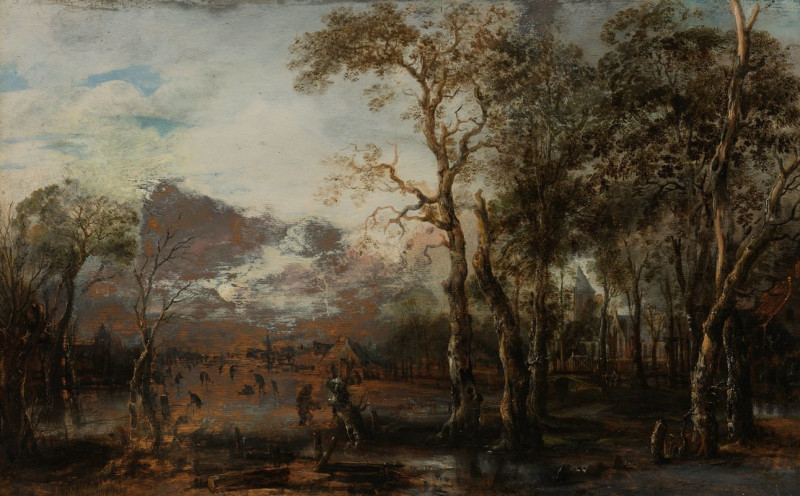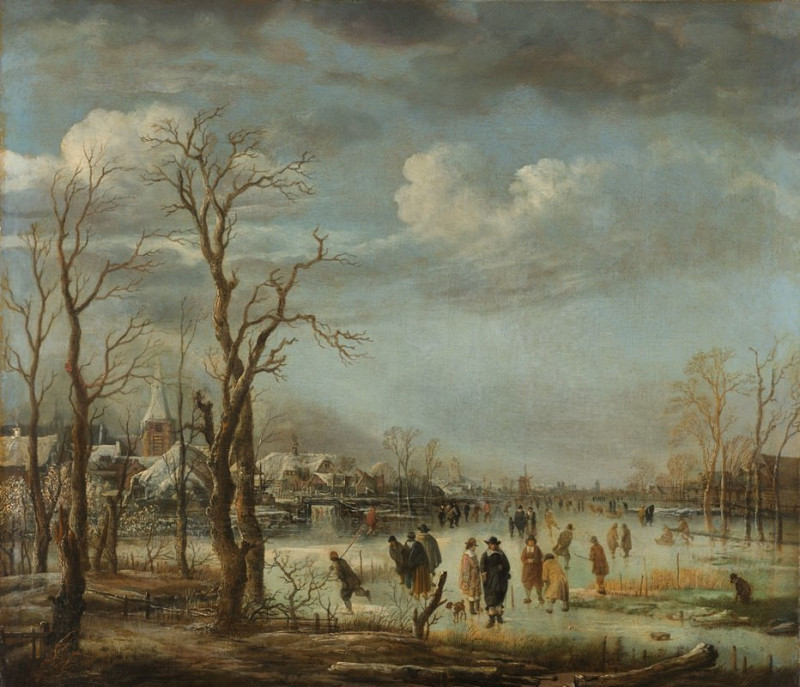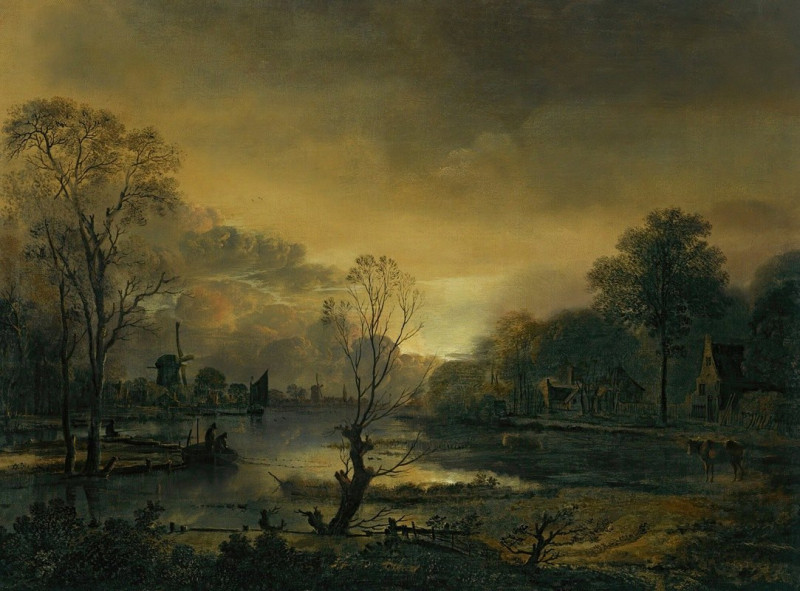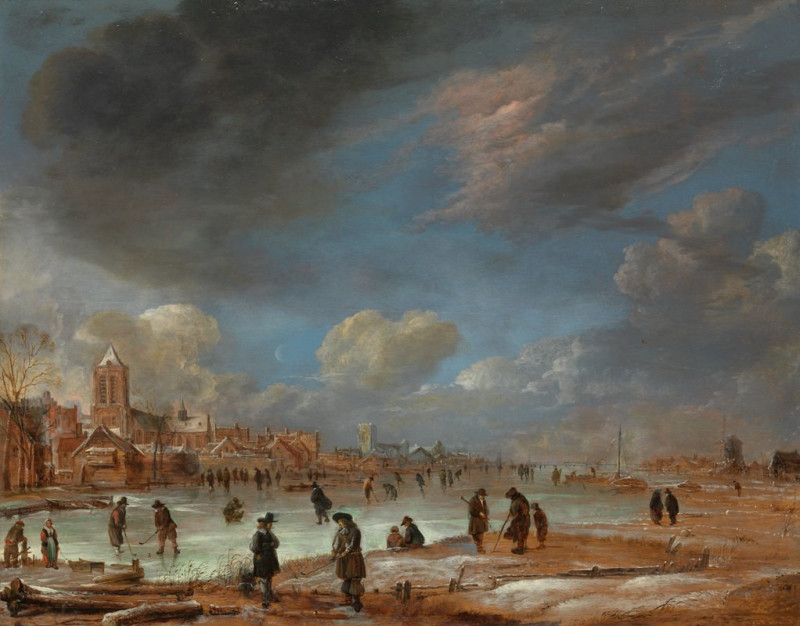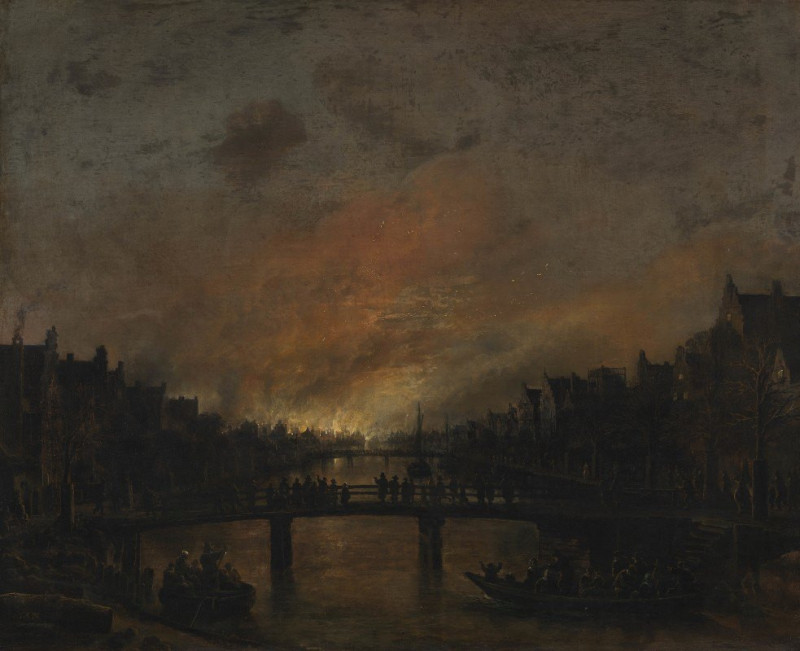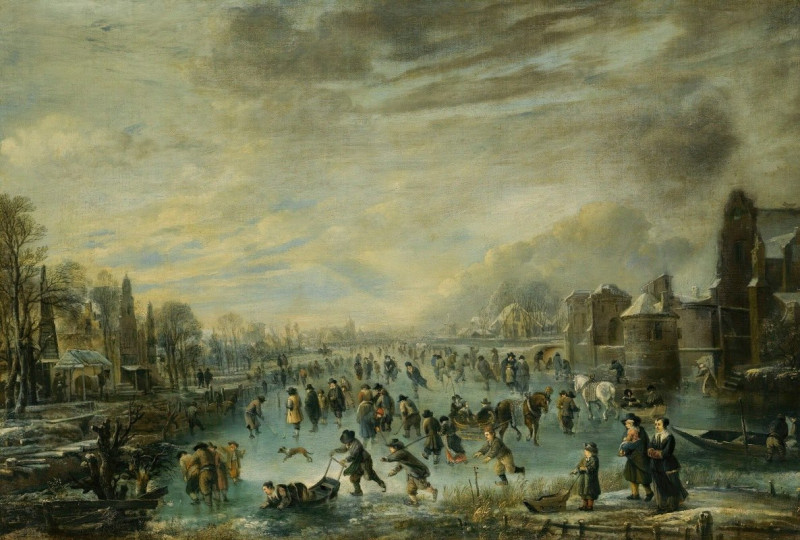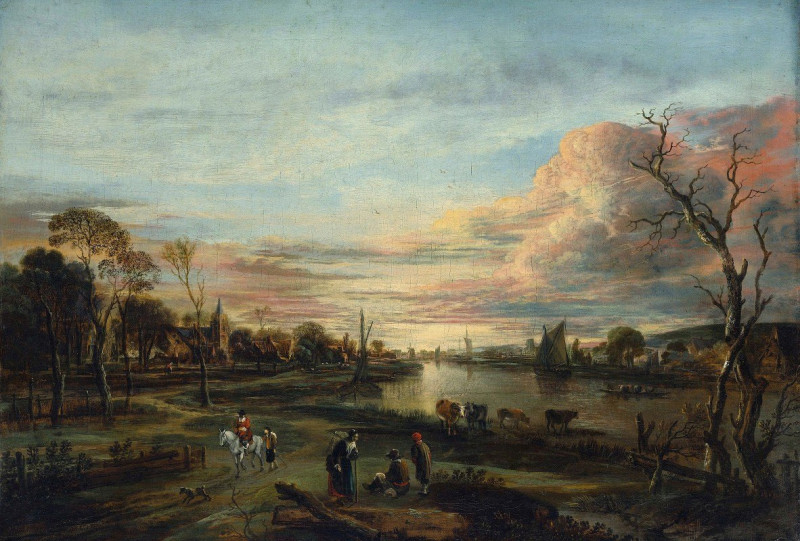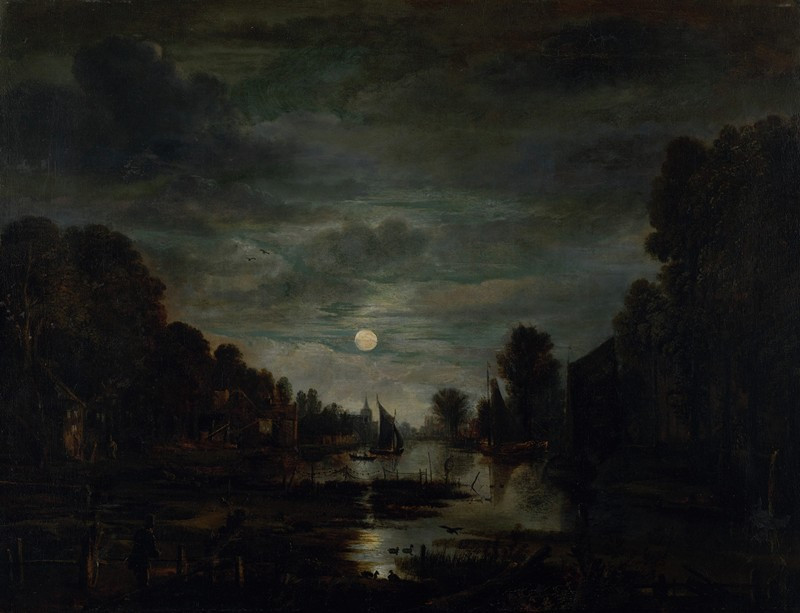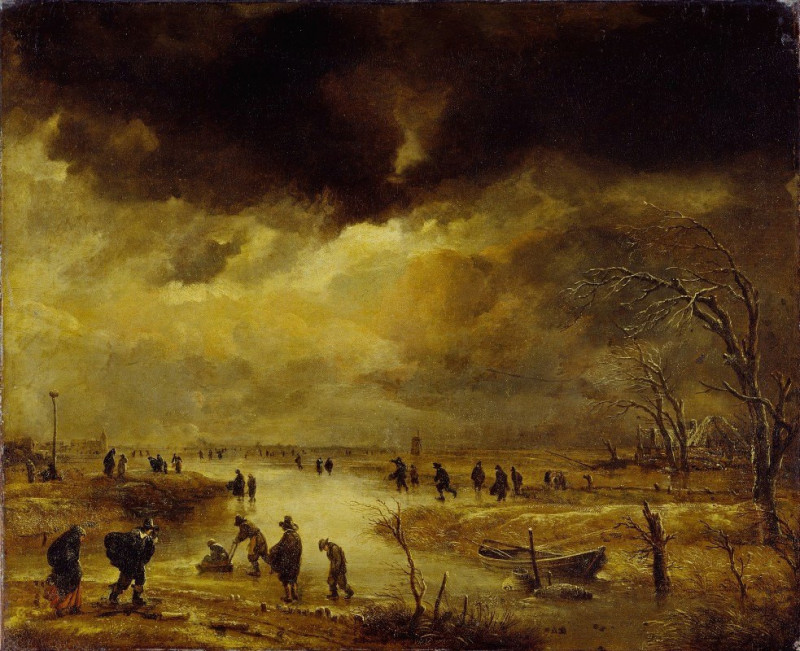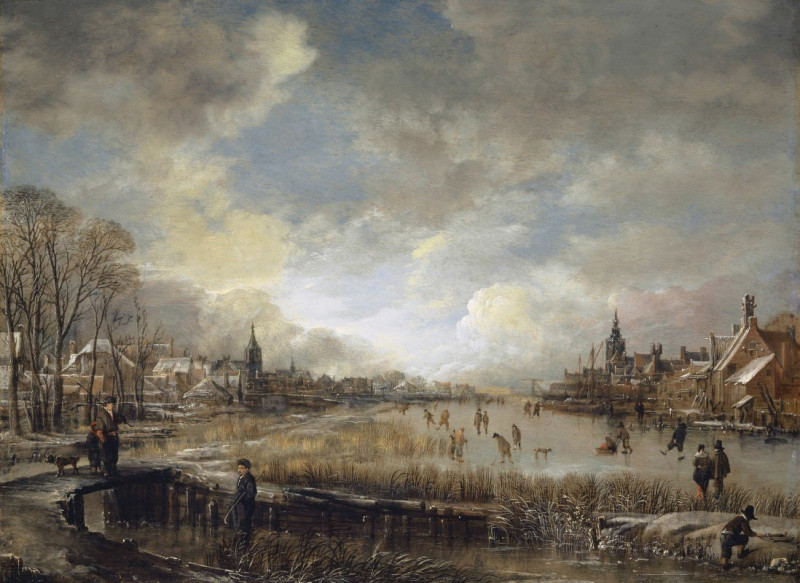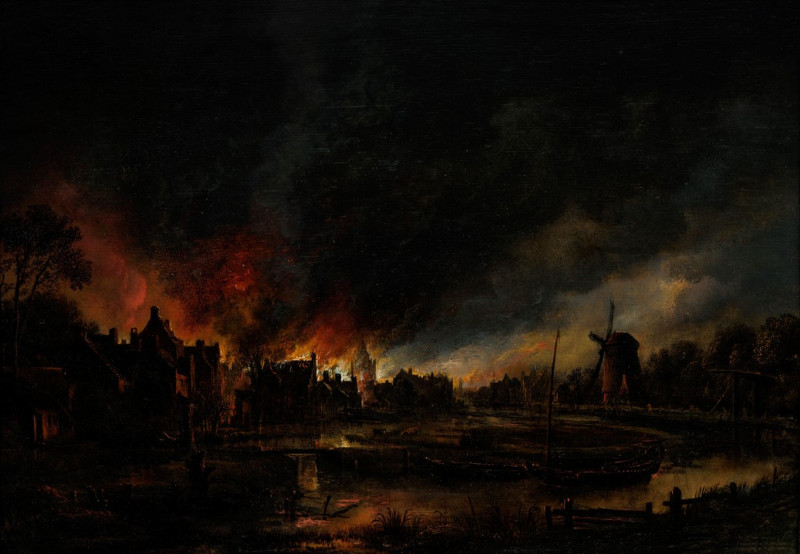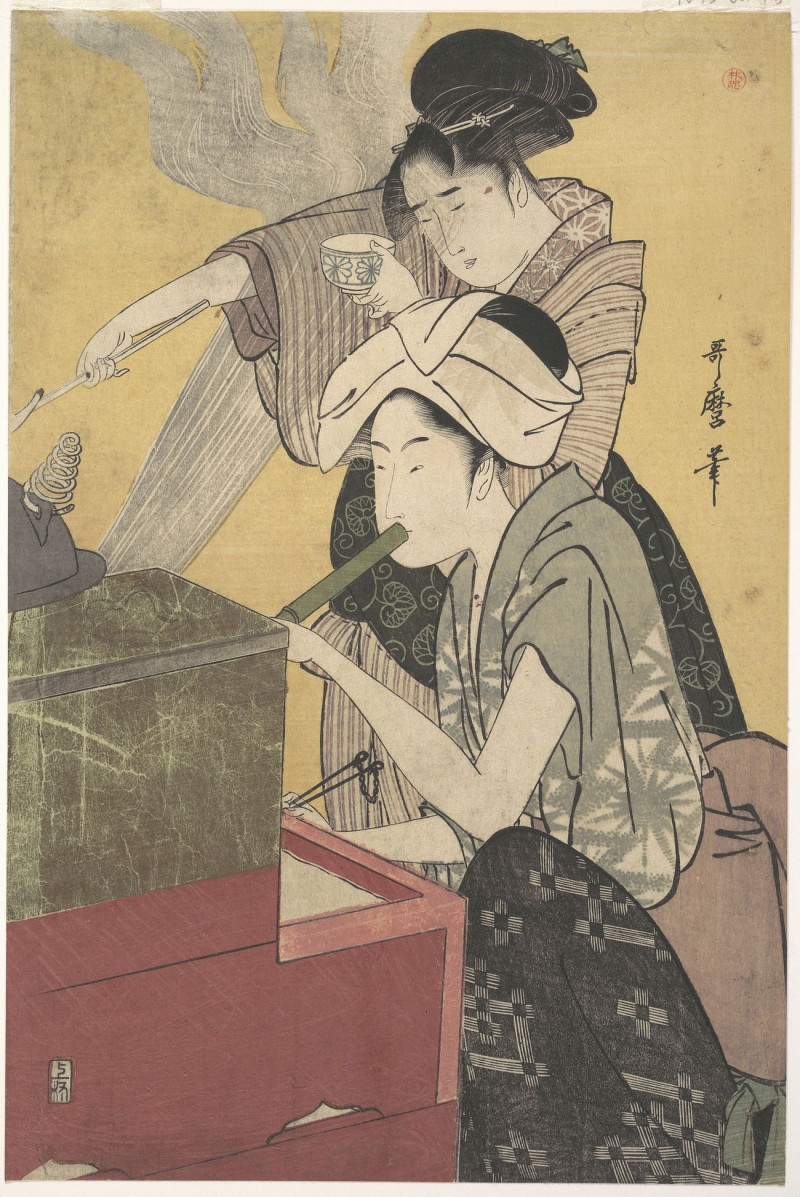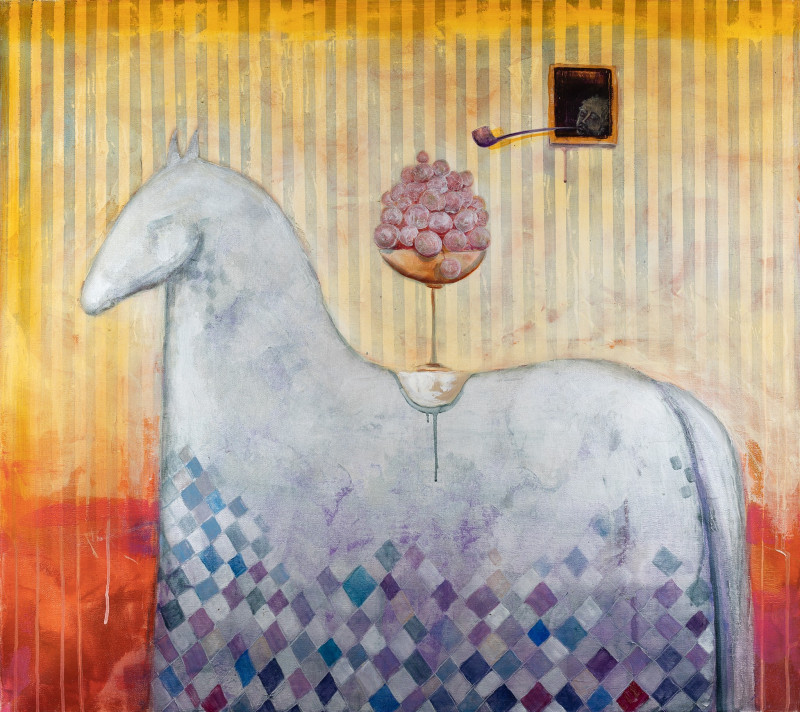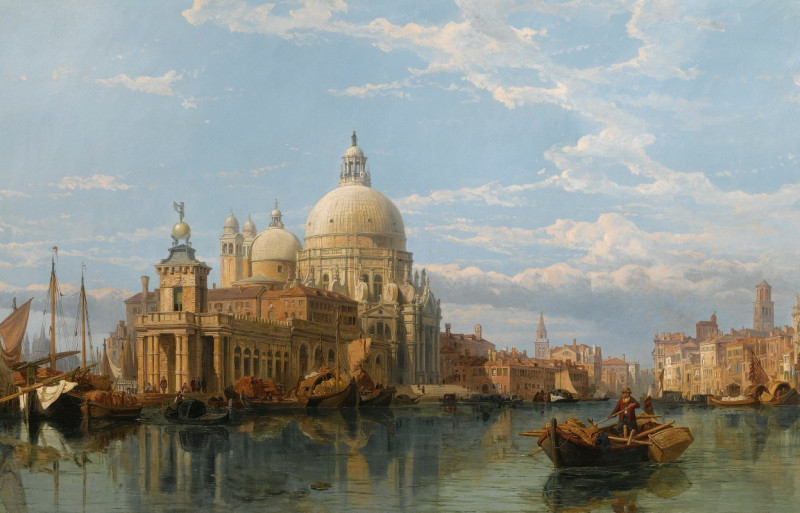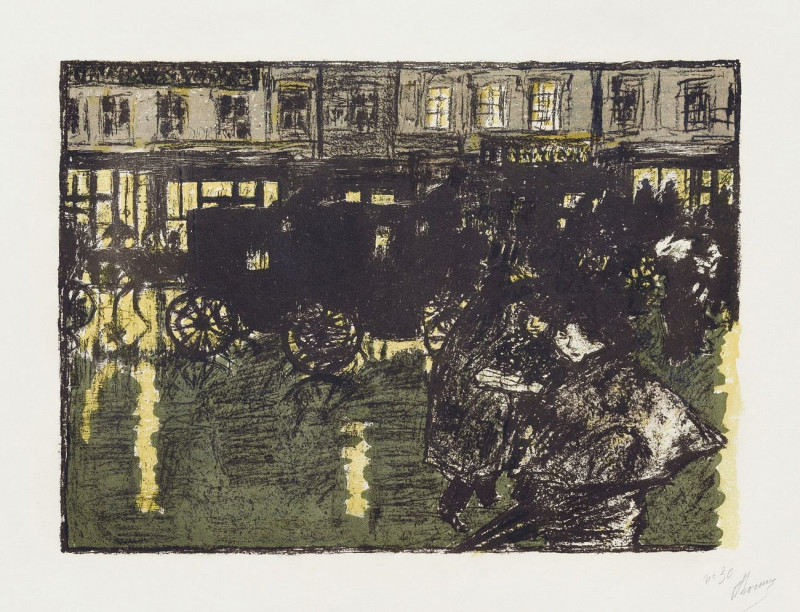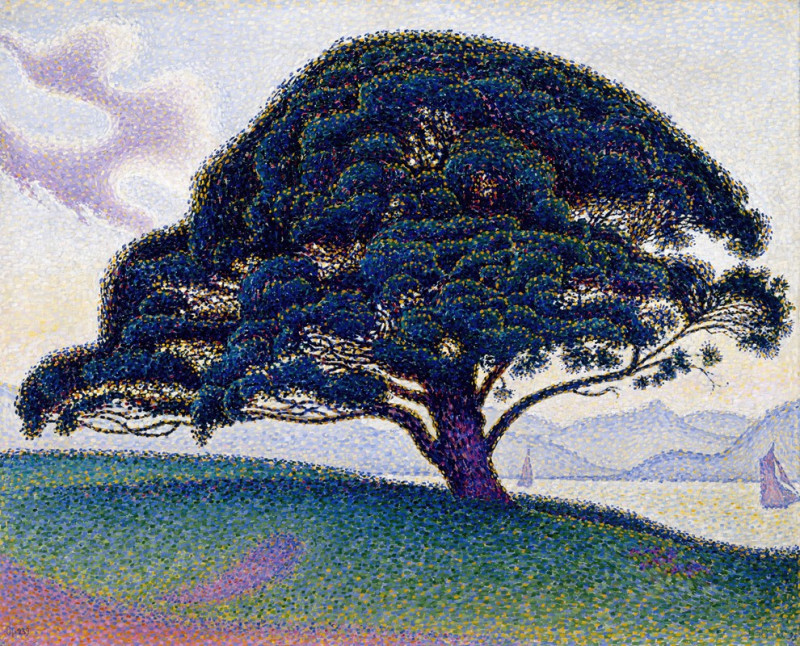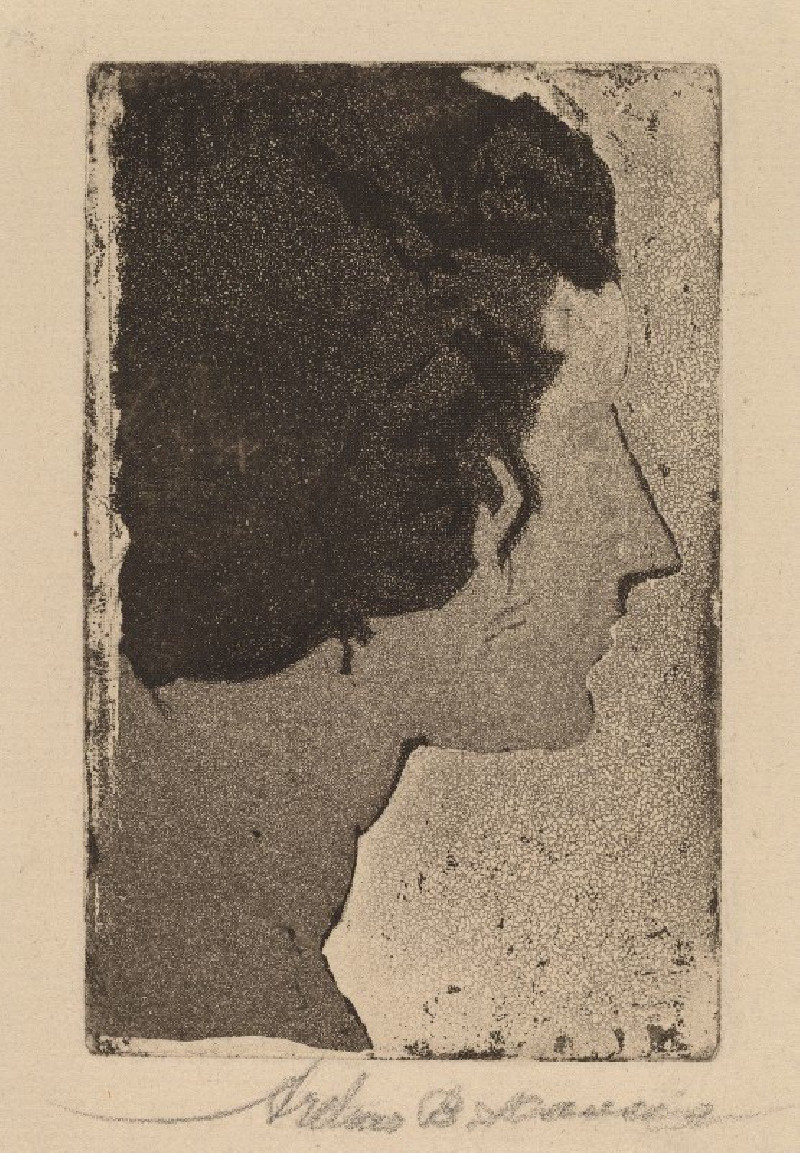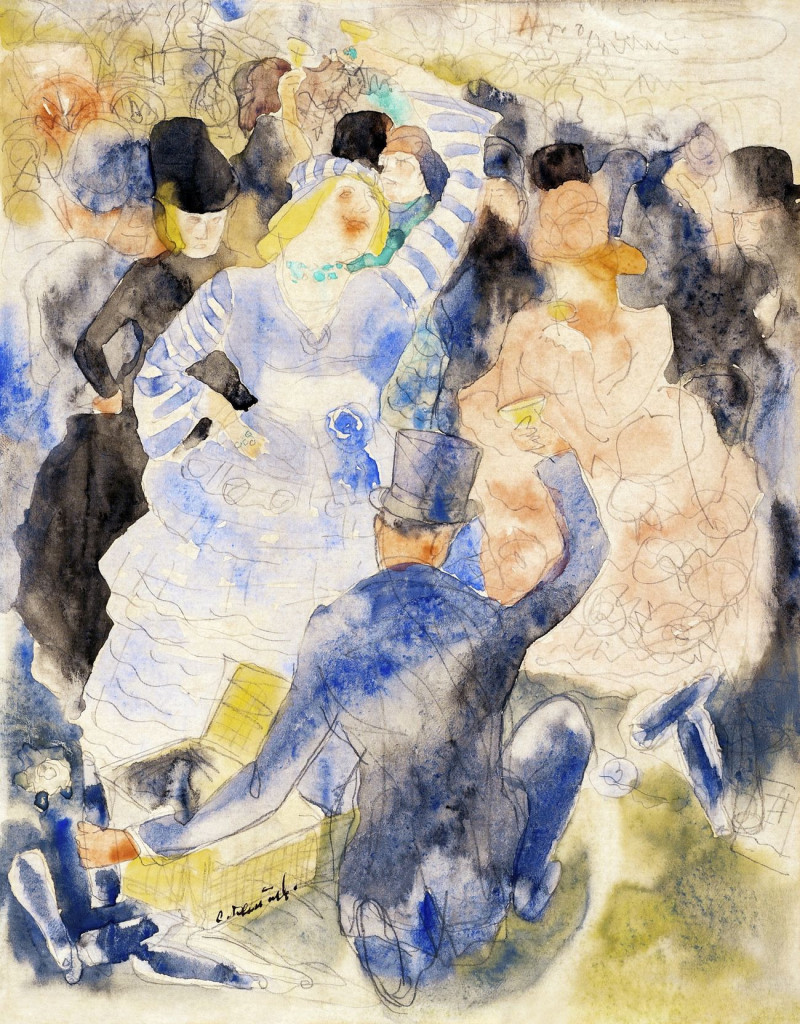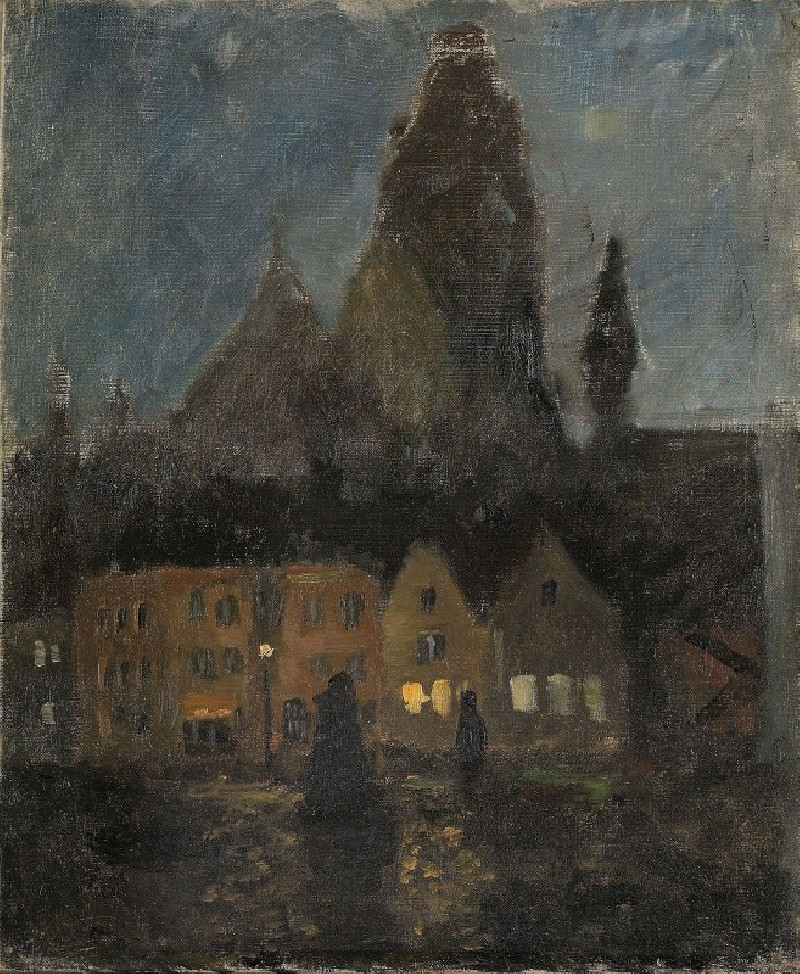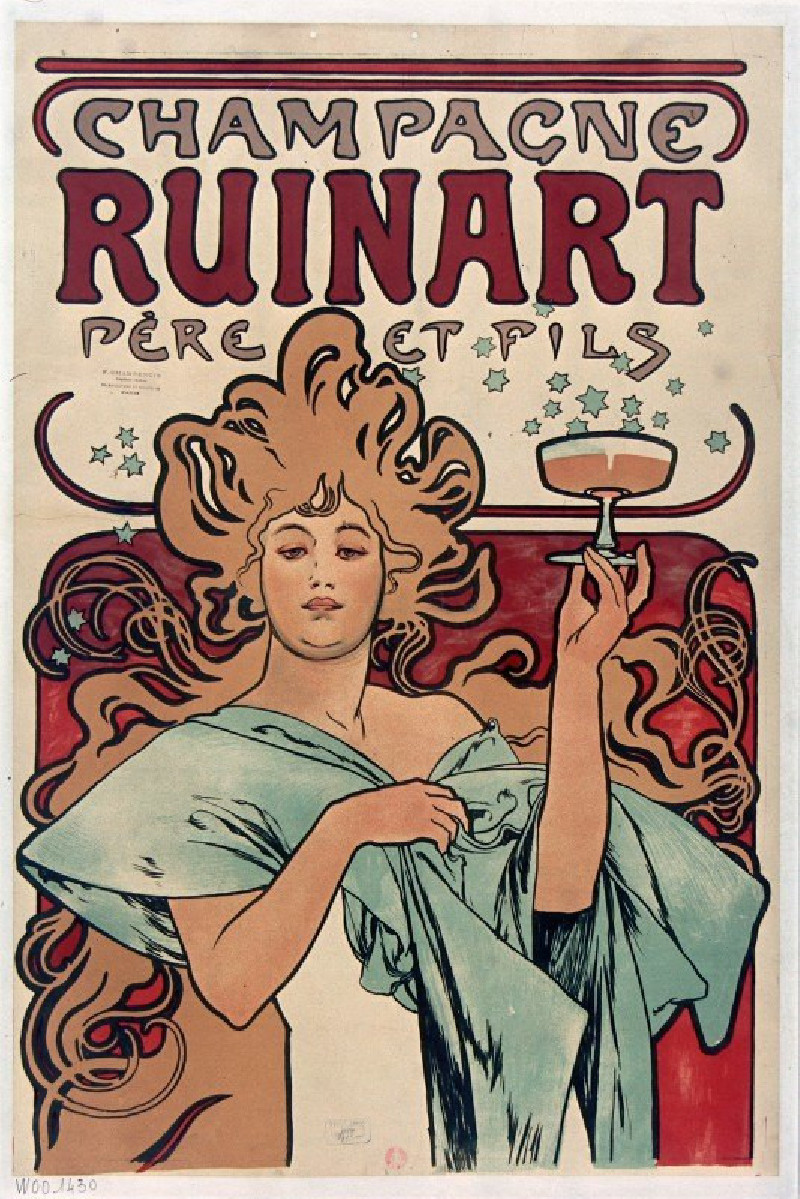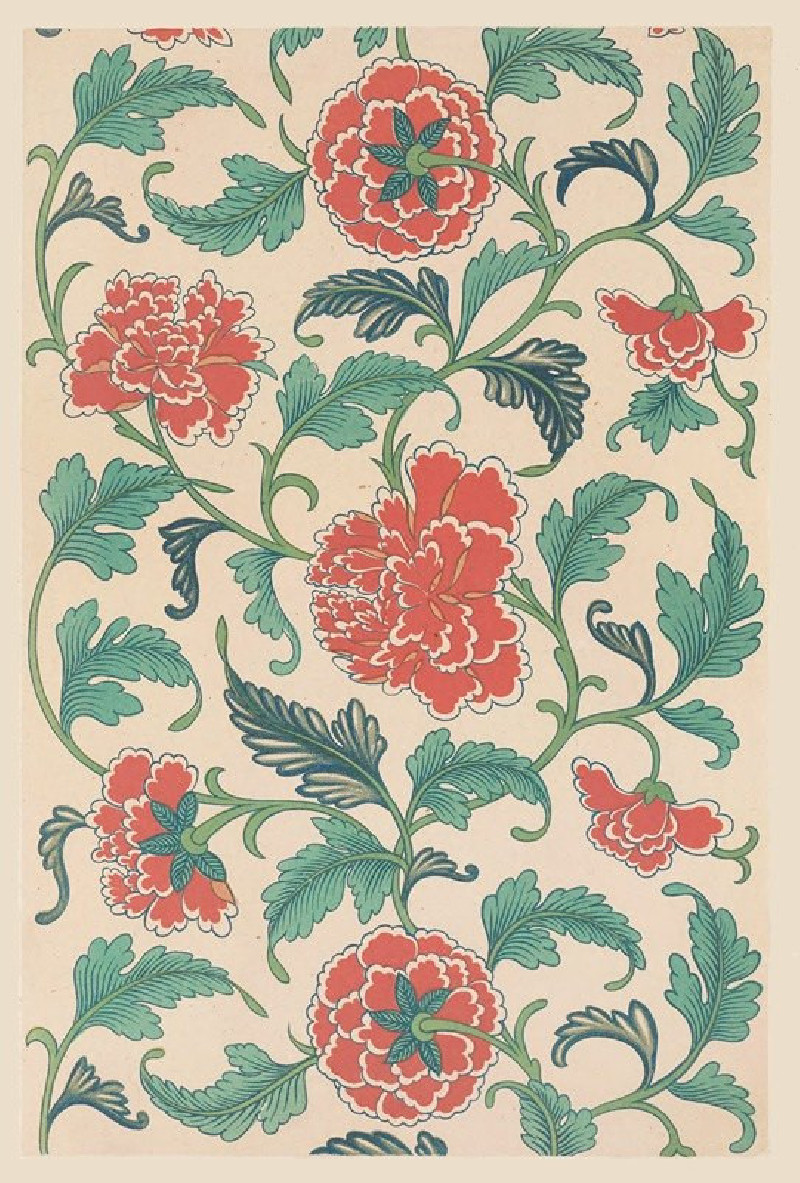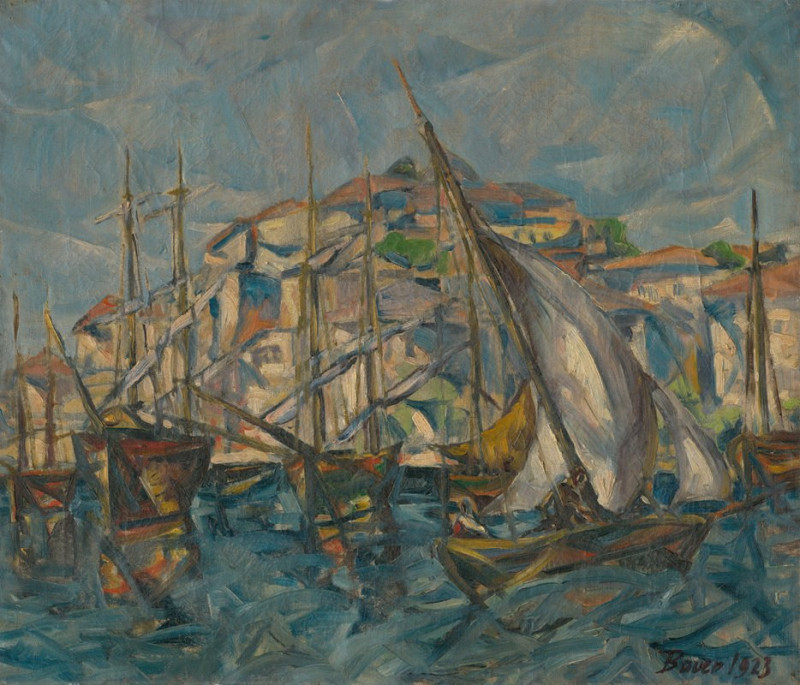Winter landscape with sportsmen on a frozen river
Technique: Giclée quality print
Recommended by our customers
More about this artwork
This masterfully executed painting by Aert van der Neer depicts a lively winter scene set in a quaint Dutch village. The canvas breathes life into a cold day with its depiction of villagers enjoying various winter activities upon a frozen river. The artist's use of muted yet warm colors contributes to a soft yet vibrant atmosphere, rendering the chilly scene with a sense of warmth and joviality.In "Winter Landscape with Sportsmen on a Frozen River," the frozen river itself acts as the central stage where figures skate, play games, and interact. Dotting the expansive ice are skaters demonstrating various stances, from careful glides to playful tumbles, showcasing the joys and challenges of ice skating. Groups of villagers are gathered, some engaged in a game of kolf - a traditional Dutch sport similar to golf and hockey. The detailed depiction of these sportsmen, clothed in the fashion of the 17th century, gives us a splendid insight into the period’s attire and recreational activities.The background is occupied by a picturesque village, with rustic houses and a prominent church tower rising above the rooftops, all softened by the winter light. The muted palette of greys and browns suggests the coldness of winter, while the orange and pink hues in the sky, possibly indicating the time around dusk, add a touch of warmth to the scene. In the foreground, intricate details like moored boats, fishing nets, and a few bare trees breaking through the snow, are painted with fine brushwork that enhances the overall vibrancy and depth of the composition.
Delivery
Returns
Aert van der Neer, or Aernout or Artus (c. 1603 – 9 November 1677), was a landscape painter of the Dutch Golden Age, specializing in small night scenes lit only by moonlight and fires, and snowy winter landscapes, both often looking down a canal or river. He was a contemporary of Aelbert Cuyp and Meindert Hobbema, and like the latter he lived and died in comparative obscurity.


